ITO Thailand Hygiene Blog
-
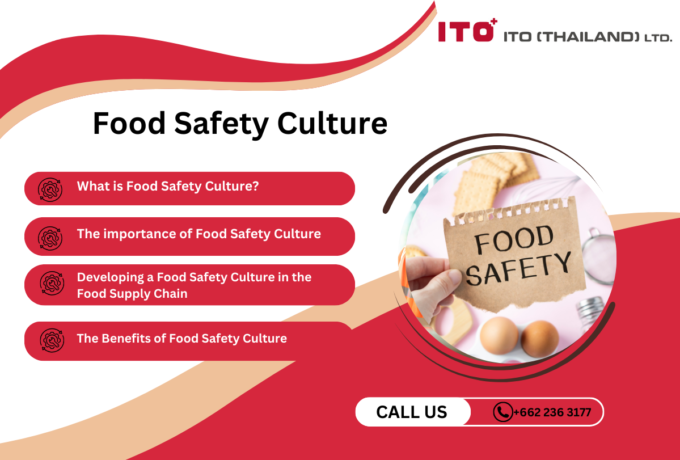
Food Safety Culture
Food safety culture plays a crucial role in safeguarding the company's reputation, ensuring the well-being of its employees, and providing a safe experience for its customers.
-
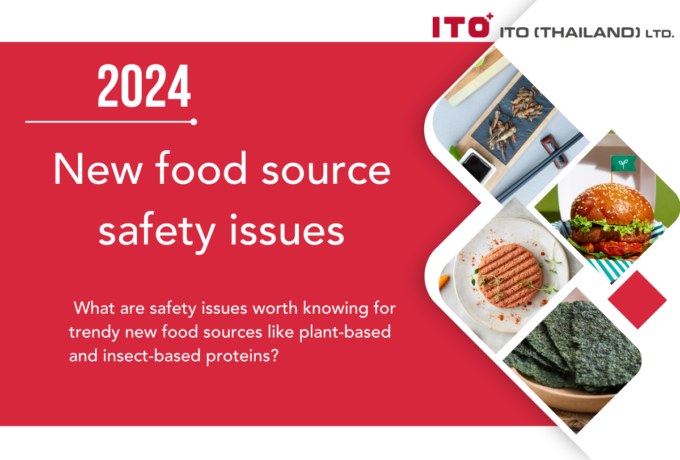
New food source safety issues
What are safety issues worth knowing for trendy new food sources like plant-based and insect-based proteins?
-
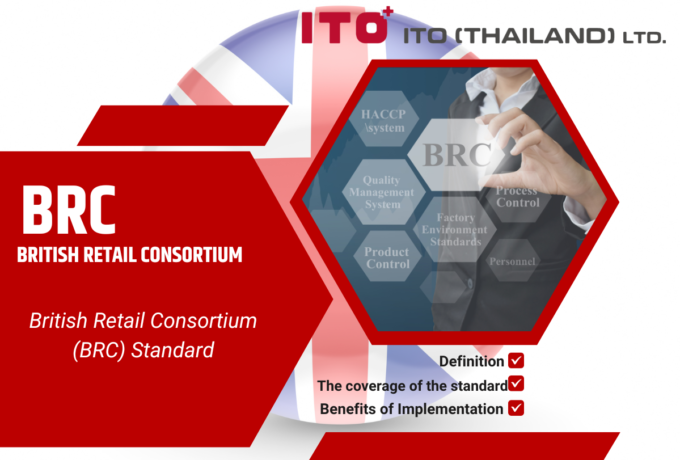
British Retail Consortium (BRC) Standard
Food safety management systems play a vital role in ensuring the production and distribution of safe and high-quality food products to consumers. With the global food supply chain becoming increasingly complex, food businesses must implement effective systems prioritising safety, quality, and compliance with industry standards. A food safety management system encompasses a set of procedures, processes, and controls designed to identify, prevent, and manage potential hazards at every stage of the food production and supply process. This proactive approach not only safeguards consumers' health but also protects the reputation and credibility of food companies in an ever more competitive market.
-
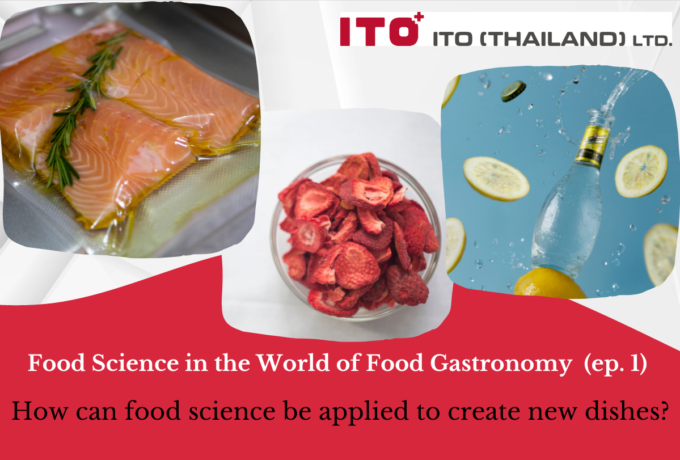
Food Science in the World of Food Gastronomy (Part 1)
How can food science be applied to create new dishes?
-
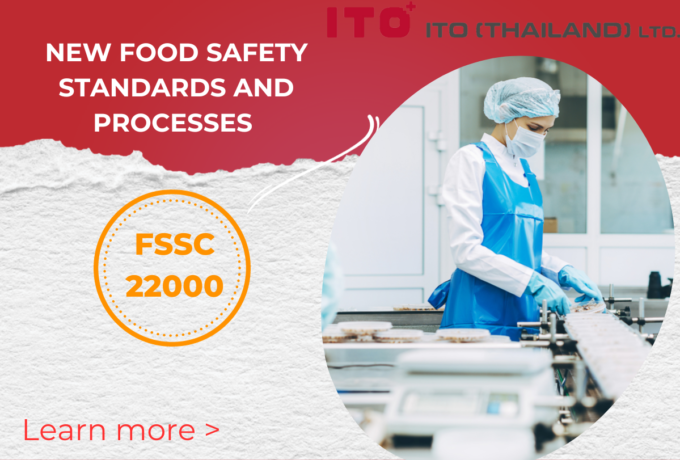
FSSC 22000
Food manufacturers must ensure food safety standards and processes. FSSC 22000 is an official certification program for Food Safety Management Systems (FSMS) recognised by the Global Food Safety Initiative (GFSI). This certification scheme offers a set of guidelines and procedures to ensure uniformity, openness, and safety across your entire supply chain. It applies to all companies operating within the food and beverage industry, ranging from farmers to retailers. By fulfilling the necessary criteria and obtaining FSSC 22000 certification, it is demonstrated that the required standards for food quality and implementing effective processes to manage and mitigate risks associated with food fraud, foodborne illnesses, expensive recalls, and other external threats are met.
-

Food Safety Aspects of Artificial Sweeteners
Artificial sweeteners, also known as sugar substitutes, non-nutritive sweeteners, or high-intensity sweeteners, are artificially produced compounds utilised in place of sucrose (table sugar) to add sweetness to food and drinks. Due to their significantly higher sweetness than regular sugar, only a fraction of artificial sweeteners (200 to 20,000 times less) is required to achieve an equivalent level of sweetness. Since the caloric contribution of these sweeteners, when used in such small quantities, is insignificant, they are often referred to as non-nutritive (4).
-

New food sources from under the sea
A new sustainable food source that is environmentally friendly and addresses resource scarcity issues, which is currently trendy! Let's get acquainted with the new food sources from the underwater world, such as seaweed and jellyfish.
-

Non-thermal food processing innovation
Heat helps food to be cooked and kills pathogens in food as well. However, nowadays many non-thermal food preservation technologies have been developed. Why this innovation is introduced? Let's learn about this innovation and its advantages.
-

Transparency and Traceability in Food Business
In the previous blog, we discussed how blockchain technology provides safety (traceability and transparency) in the food business, particularly in the case of a foodborne outbreak. Today's main point of our discussion will be how customers perceive transparency and traceability in the food business.
-

Carbon footprint
Global warming, natural disasters, resource shortages. How can we, as the food industry, play a part in preventing and solving these problems?
-

Non-dairy Milk
Milk, cheese, and yoghurt are dairy products which are rich in nutrients, numerous vitamins, and minerals such as proteins, calcium, iodine, vitamin A, D, and much more. Lactose is among these beneficial components, which can be broken down by an enzyme called lactase into simpler sugars, glucose and galactose, however, some people’s bodies are not able to produce lactase as much as normal people, so they cannot tolerate lactose in milk, causing lactose intolerance with symptoms such as abdominal pain or swelling, diarrhoea, or flatulence.
-

Sugar Reduction Technology
It is undeniable that good food is an important element of a healthy lifestyle. Mindful consumption behaviour has increased, as well as a demand for sugar reduction in food and beverages. A study has found that sugary drinks such as soft drinks, sweetened fruit juice, and energy drinks are responsible for most diet related diseases such as cardiovascular diseases, obesity, and metabolic disturbances. So, food manufacturers are putting their efforts to reduce sugar levels with sugar reduction technologies. Glycemic index and its importance, an introduction to sugar reduction technology, the use of enzyme technology as alternative sweeteners, and Reb M to decrease bitterness in natural sweeteners will be discussed in this blog.







